In 2011, the original furniture brand PUSU was founded in Shanghai. As the saying from Chuang-tzu goes: “nothing in the world is more beautiful than simplicity”, which indicates both the origin of the brand name and the characteristic of its furniture. PUSU traces the classics of ancient Chinese literati lifestyles, combines it with modern living space, using furniture as a medium to interpret the elegant aesthetics of life and to create the contemporary furnishing art.
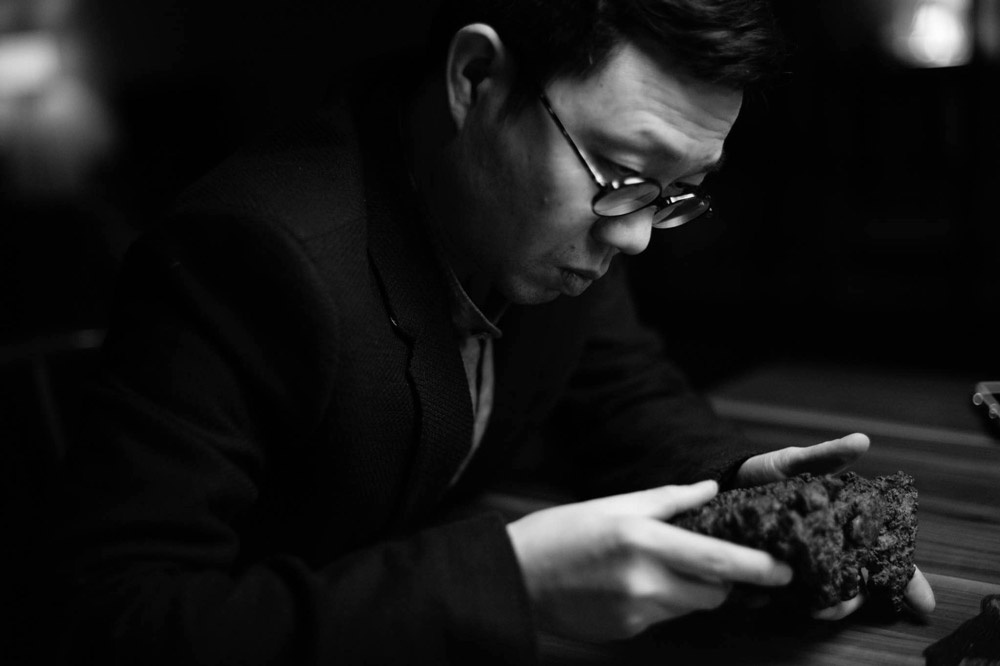
Yanfei Chen, the founder and artistic director of PUSU, has been immersed in traditional Chinese calligraphy art since childhood. When studying at the Guangzhou Academy of Fine Arts, he was affected by modern Japanese calligraphy and began his own modernisation of calligraphy subsequently. Chen gradually established an aesthetics combined with the classic and the modern, actively trying to integrate this aesthetic into his designs. After ten years of collecting and researching the furniture of Ming dynasty style, Chen decided to create the brand PUSU intending to produce a brand-new furnishing aesthetics with contemporary literati flavour.
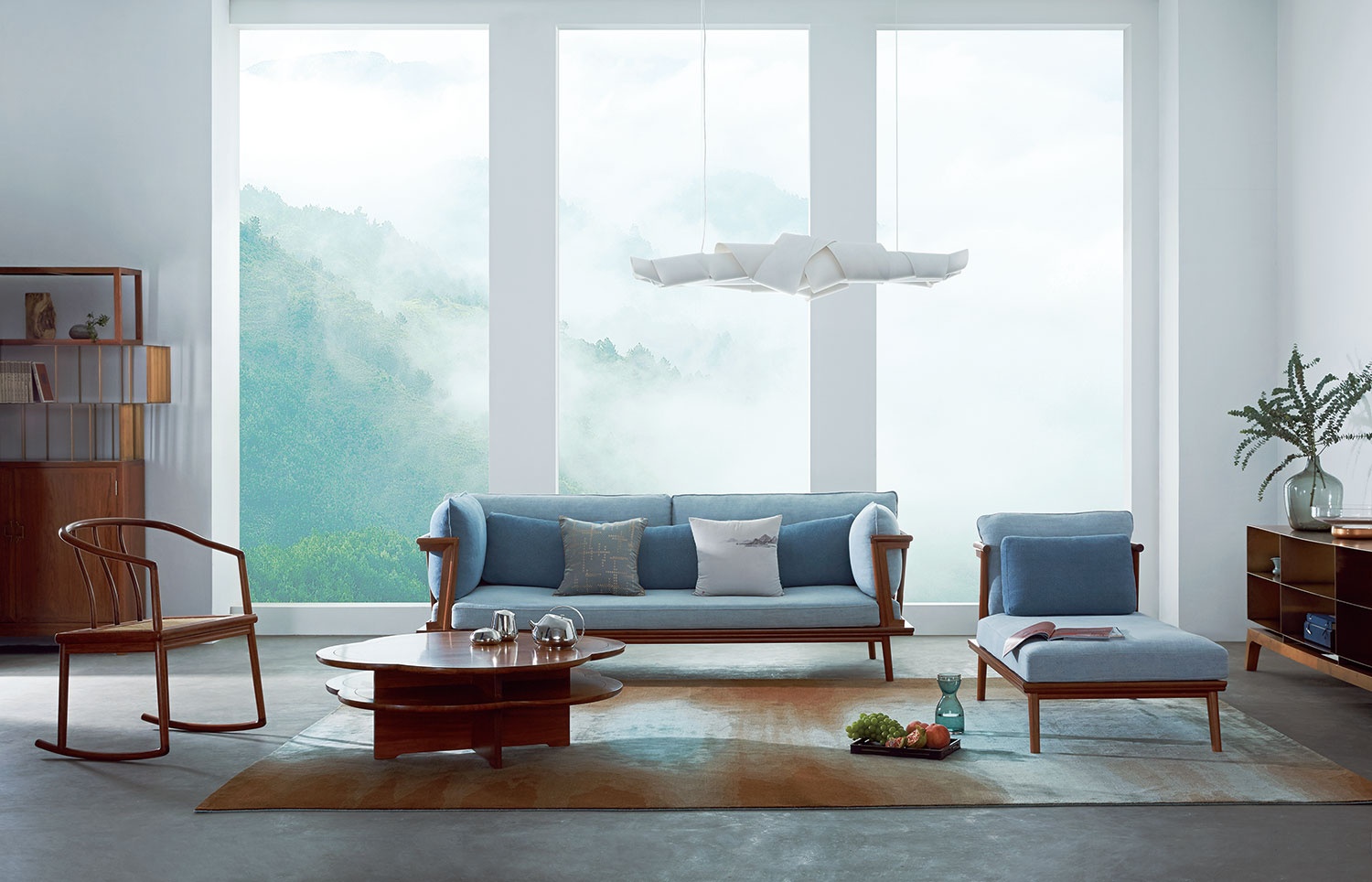
The materials used by PUSU are precious and rare red sandalwoods, including Burma Padauk, Dalbergia melanoxylon, and a small amount of beech, camphorwood and so on. Among them, the Burma Padauk, which mainly grows in Myanmar, Vietnam, Laos and other southeast Asian countries, has been strictly controlled by the military government in Myanmar because of its long growth cycle and scarce resources. This kind of wood is hard and heavy, with high density and clear grains, so that it turns out to be a perfect material for high-end furniture. After polishing, its natural texture seems to be rippling waves, while the unique scent of the rosewood will waft along the hall. Another wood worth mentioning is Dalbergia melanoxylon, also known as African blackwood, is one of the woods with excellent density, hardness and oiliness, with extremely low output rate and ultra consumable rate. After polishing its section, the colour will be deep and the texture will be exquisite like a jade with a soft feel, making people sigh with admiration.
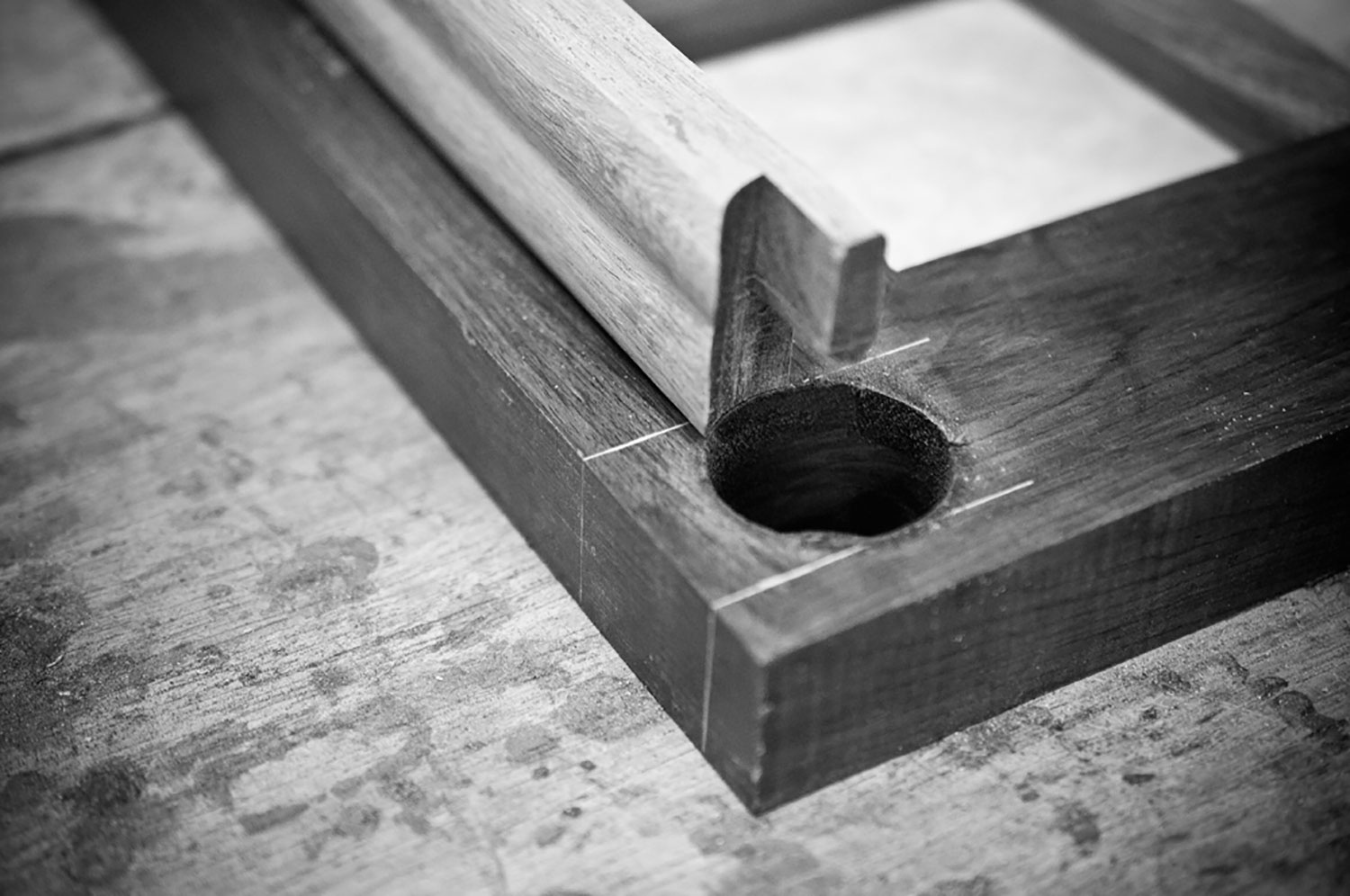
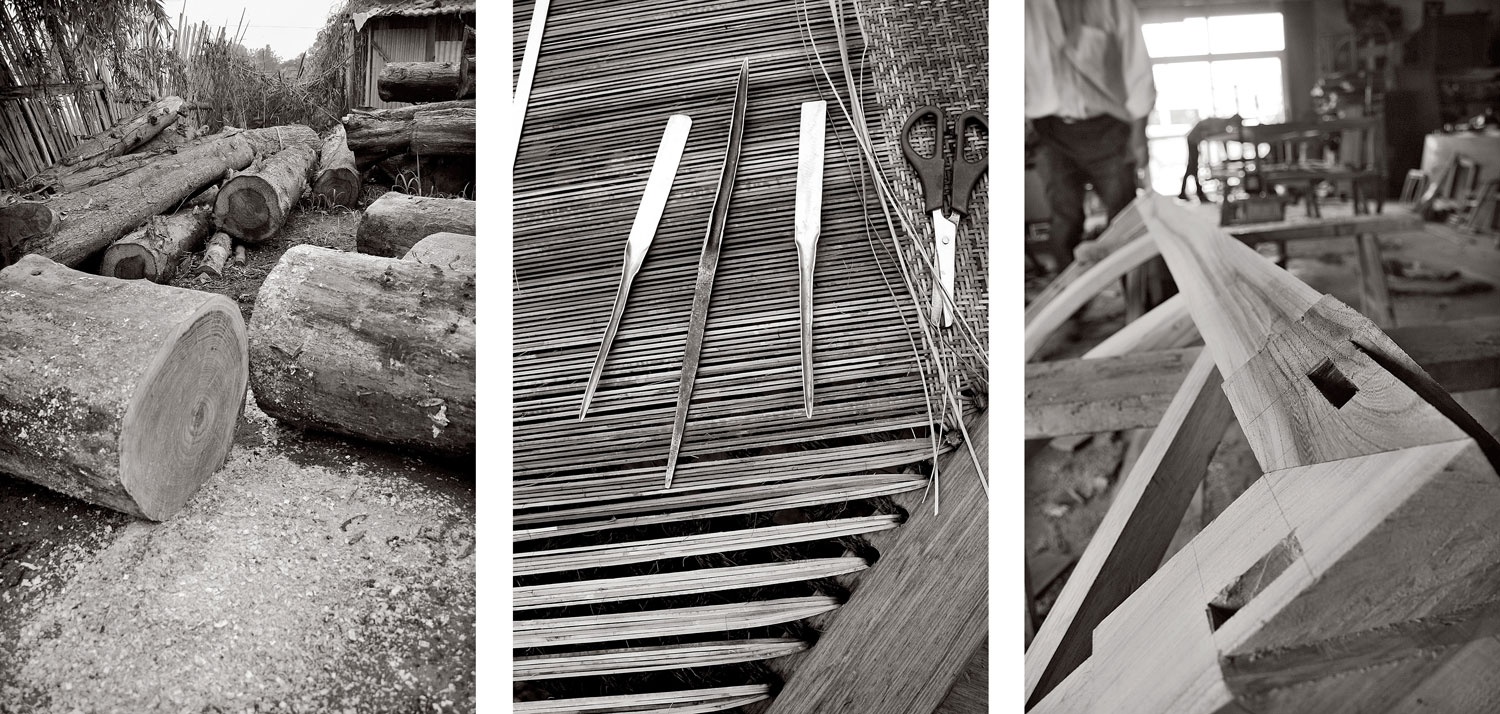
The furniture of PUSU embodies pure craftsmanship of mortise and tenon joint. Mortise and tenon joint is a Chinese traditional method to unite various parts of carpentry products, also it constitutes the artery of Chinese furniture. The fitments fixed by mortise and tenon joint can be intactly installed without other auxiliary tools. For another, the perfectly designed gadget can be both solid and sustainable, which is the reason why numerous wooden building keep shaking instead of falling down during earthquakes. From the very first chair, PUSU has insisted on utilising the mortise and tenon joint, intending to inherit the wisdom of this traditional wooden structure.
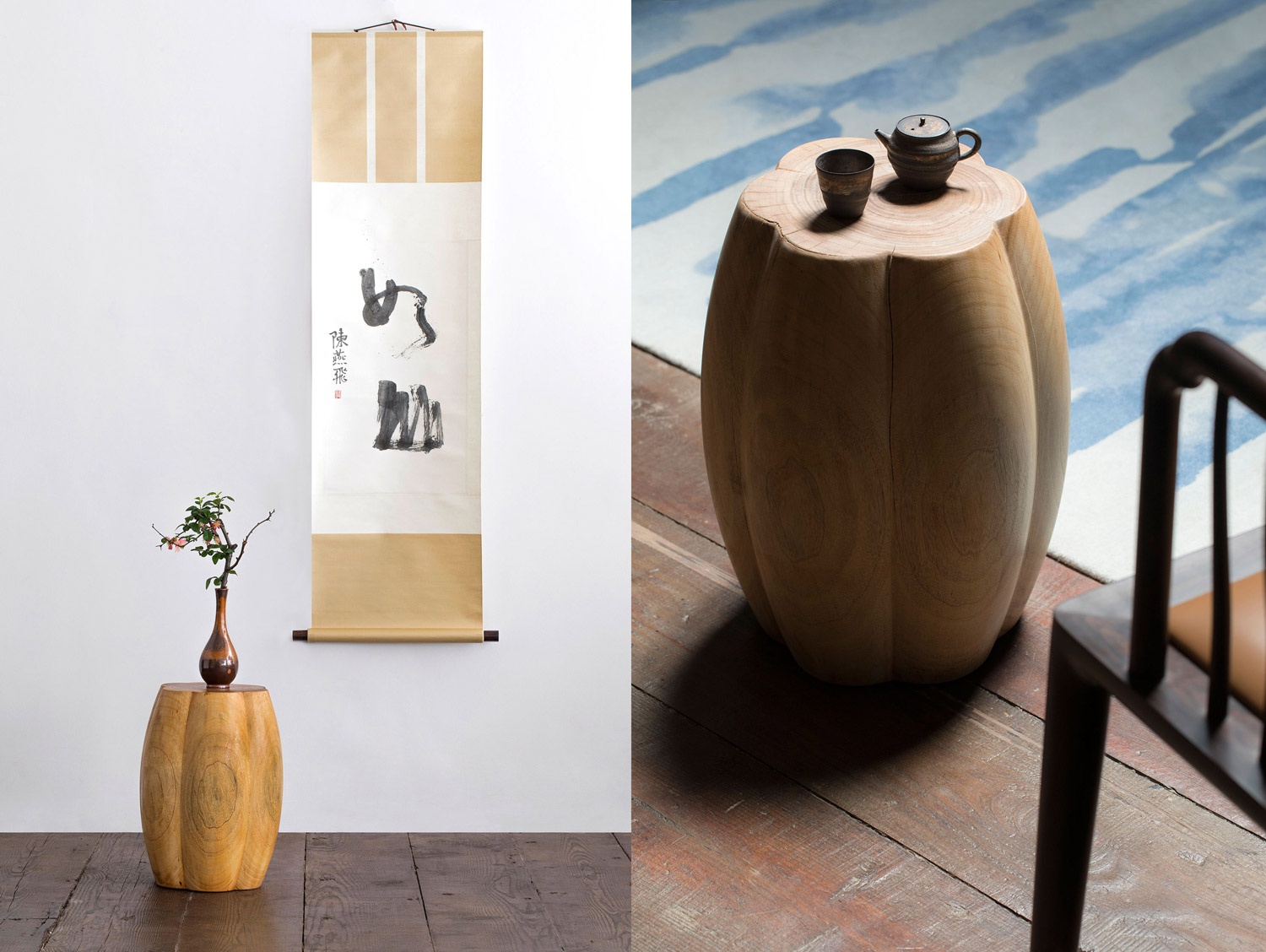
Adopting the classic melon shape and abandoning the excessive decoration. Cut from a whole and complete camphor wood, reserving the natural wood grain, demonstrating the ripple textures. Besides, the scent of camphor wood can expel insects.
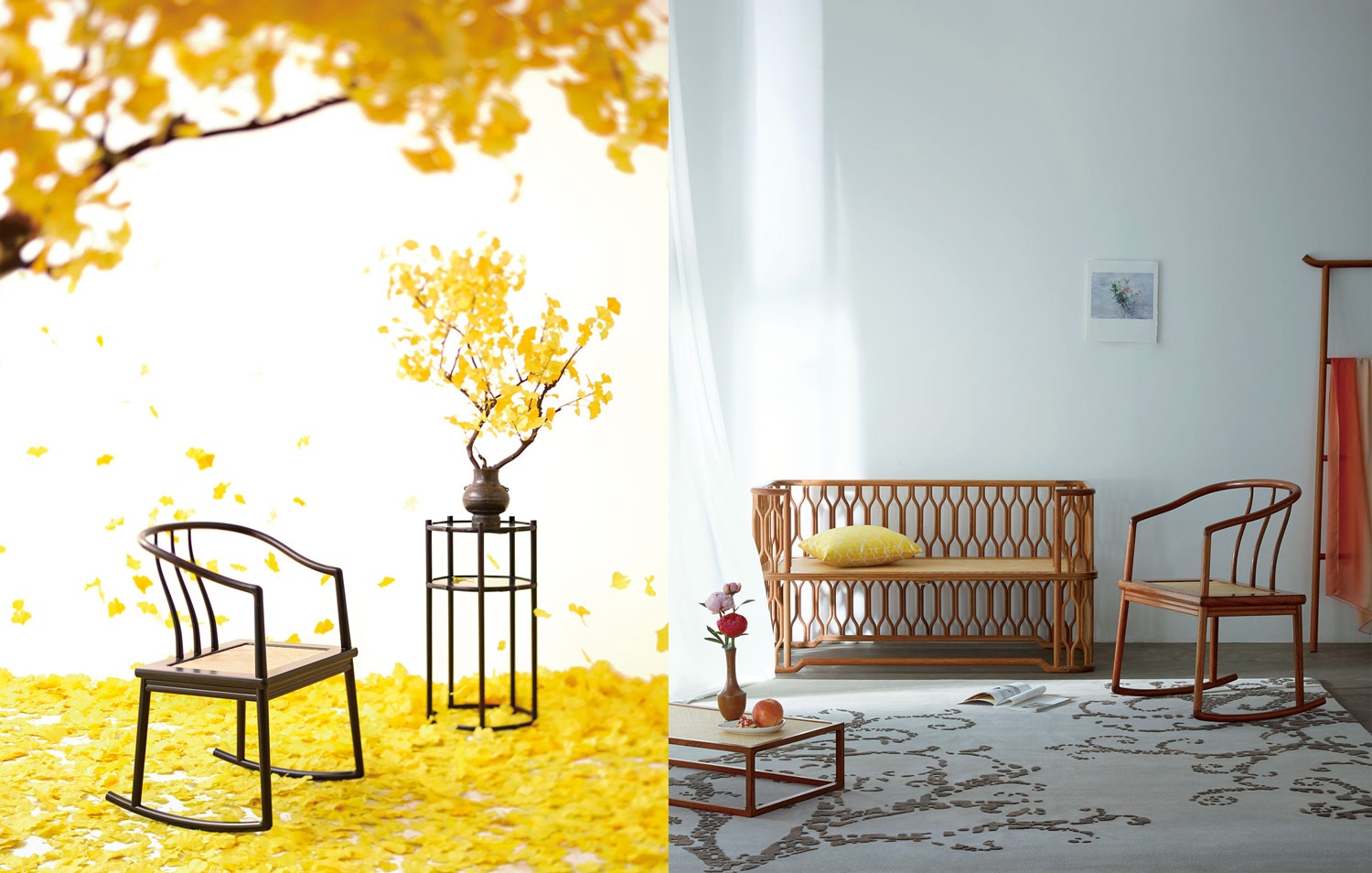
Cloud-Rocking chair has gained China Best Seat Design of Edida International Design Award. The design is based on the round-backed armchair, combined with the element of the western rocking chair, adopting Burma Padauk. The whole chair is simple and mellow.
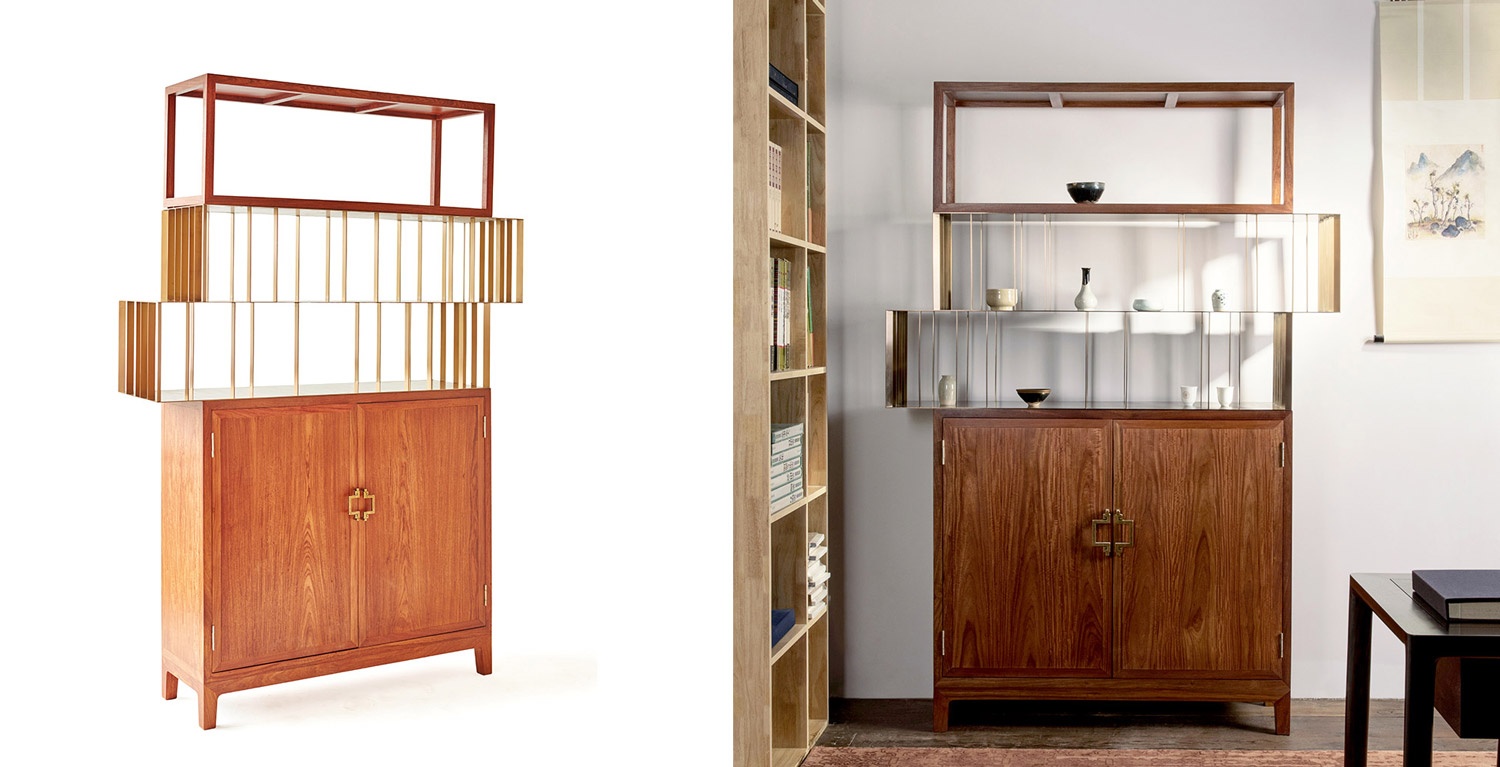
Derivative of Wanli cabinet of Ming dynasty, combining grids and cabinets. Such distinctive modular design makes each cell can be freely reorganised, adopting Burma Padauk, traditional technique of mortise and tenon joint and metalwork.
Via perseverance, PUSU has led the modern furniture throughout millennium, infiltrating various characteristics of classics from different dynasties and accumulating the literati temperaments. With the utilisation of precious sandalwood and mortise and tenon joint, PUSU produces handmade furniture to convey the contemporary elegance and the true beauty of simplicity.
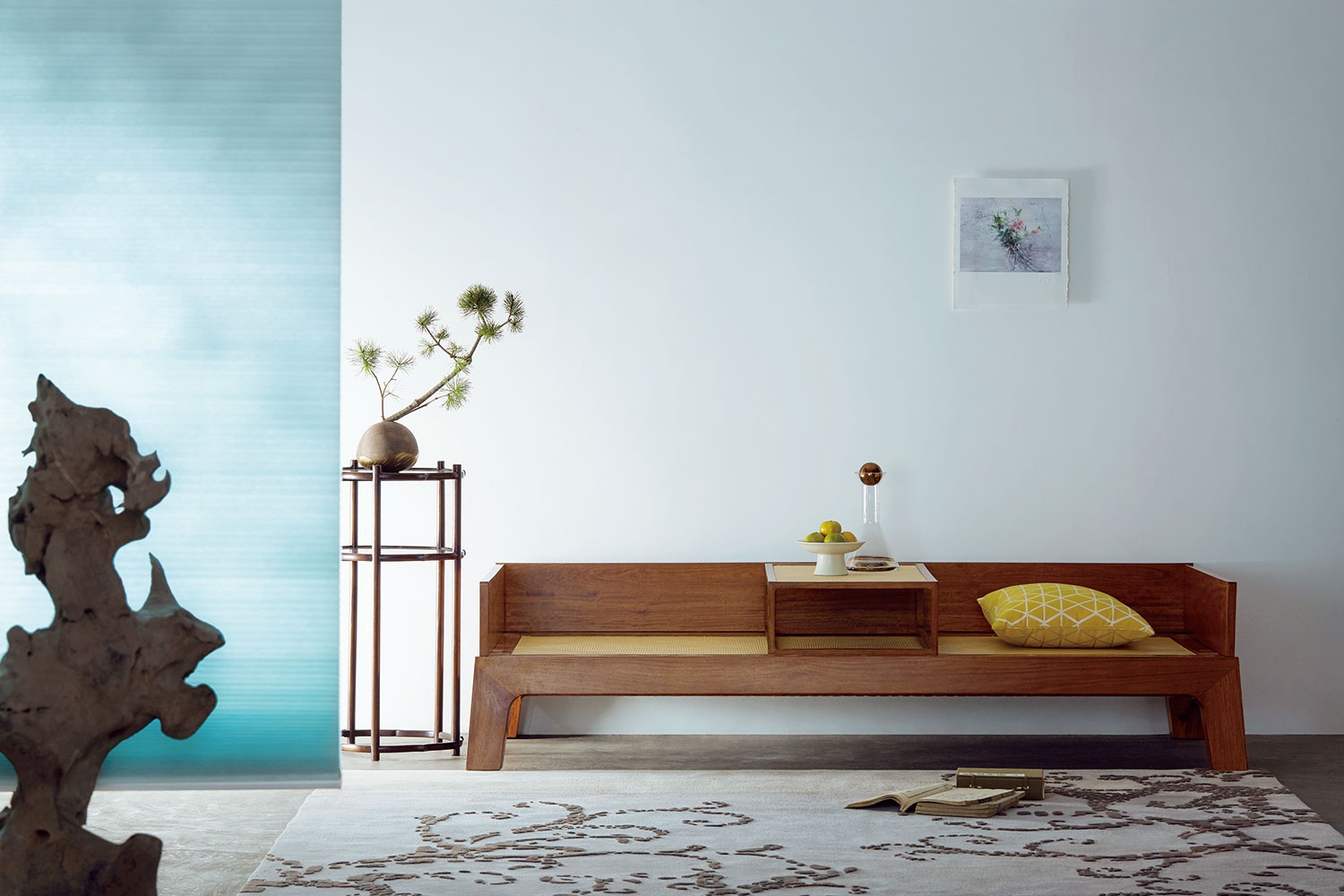
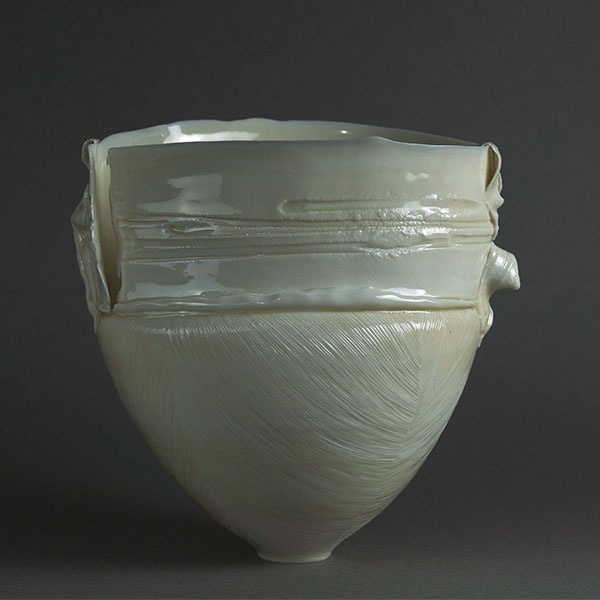
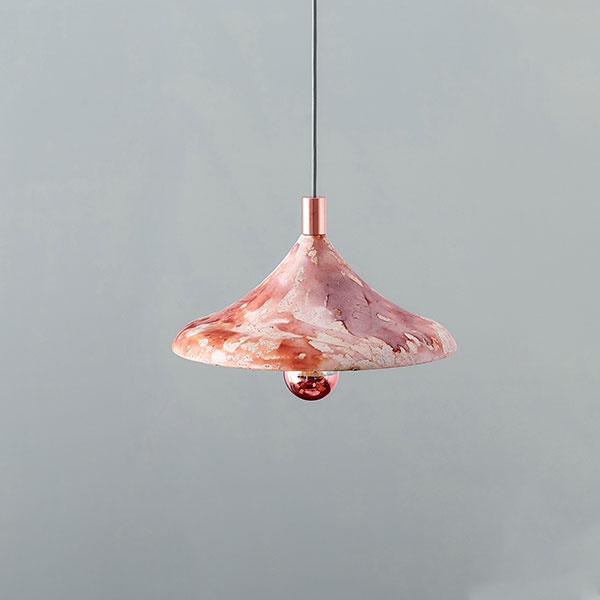
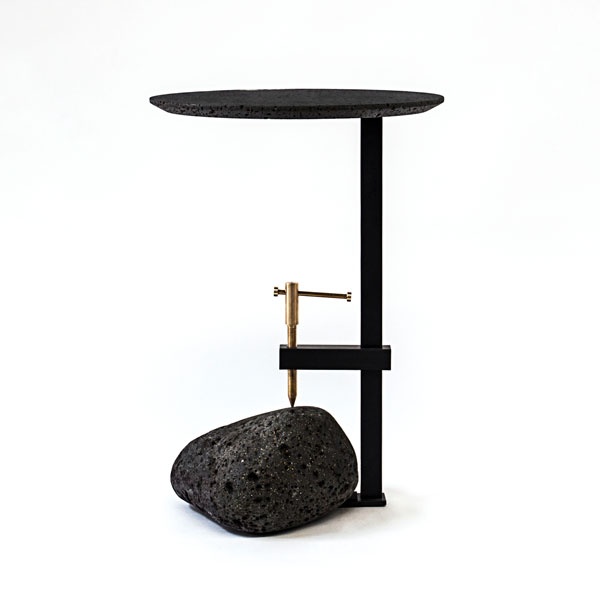
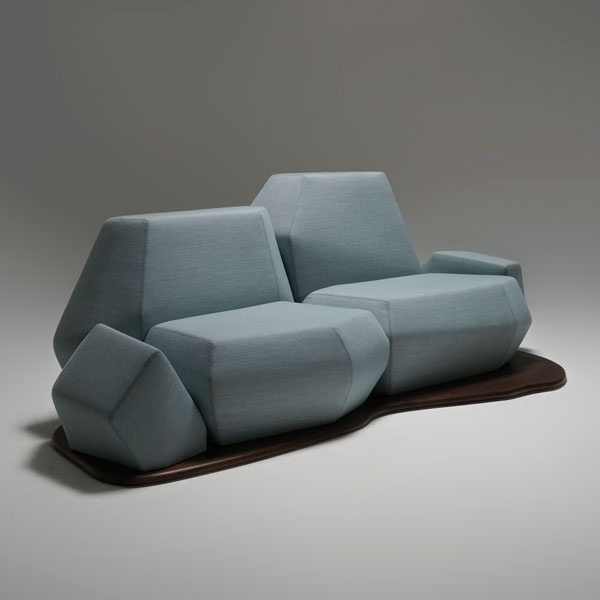
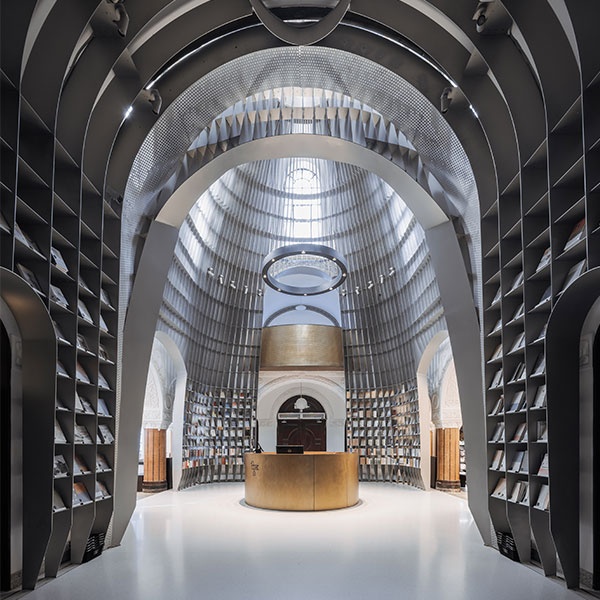
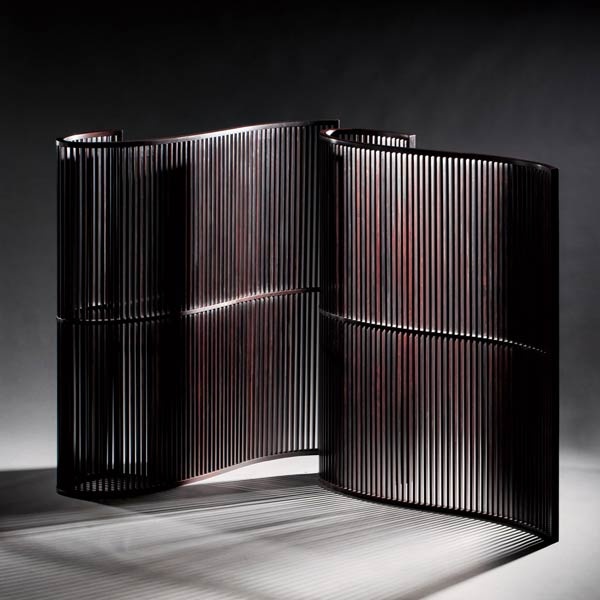
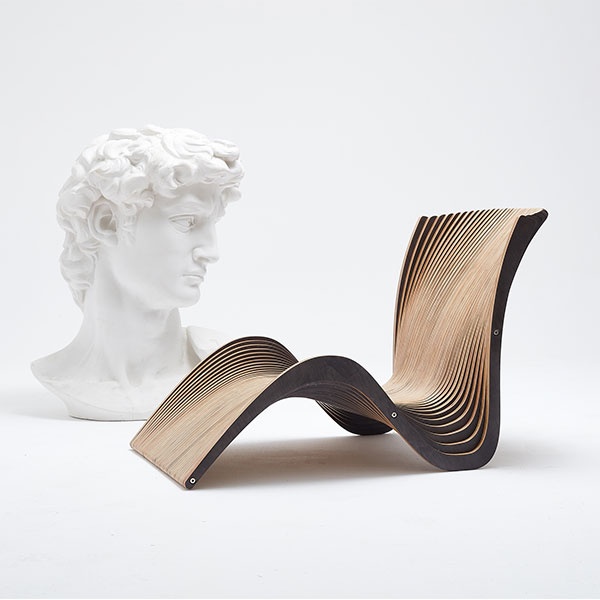
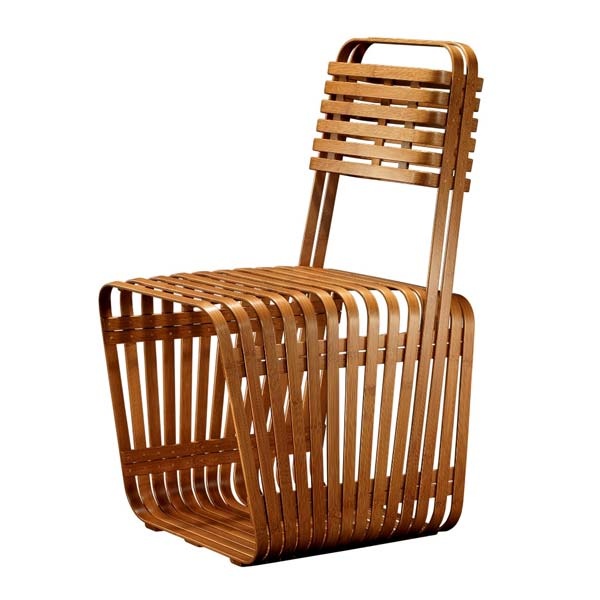

1 / 31
show thumbnailsnext picture previous picture start slideshow close lightbox